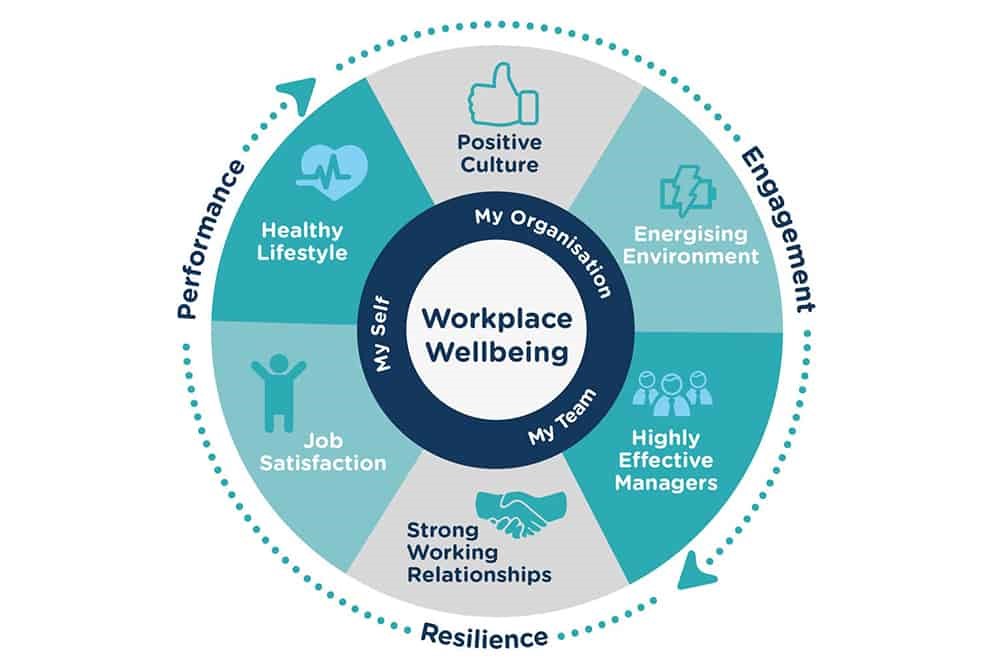Workplace Wellness Trends and Managing Emergencies
Health and safety remain crucial across all industries. In this week’s news round-up, we cover the mental wellness of workers in the gig economy, the rights to disconnect, managing stress, and being prepared for emergencies.
A Global Trend: The Right to Disconnect from Work
There is a growing trend of the "right to disconnect" from work outside of normal working hours, which emphasizes work-life balance and employee wellbeing. Countries like Australia, France, Italy, Belgium, and Ireland have introduced policies that align with labor laws such as the Fair Work Act, allowing workers to refuse work outside of their contracted hours. In the UK, similar legislation may soon be introduced under the Employment Rights Bill, aiming to protect employees from work communications during non-working hours that lead to stress and burnout, ensuring better mental health.
Company culture plays a key role in promoting disconnection from work after hours. Dr. Shaun Lundy of Tetra shared how his organisation implemented a disconnect policy that has helped create a supportive work environment. Globally, the IOSH advocates for the “right to disconnect,” urging that all workers should benefit from such protections, regardless of their role, contract, or work setting. This ensures fair work standards and healthy boundaries for the future.
World Mental Health Day: Employers’ Role in Tackling Workplace Stress
World Mental Health Day, held on October 10th, serves as a reminder for employers to assess their legal responsibilities in managing workplace stress. In the UK, this day highlights the importance of preventing employees from suffering from work-related stress and fulfilling legal duties. The Health and Safety Executive’s Working Minds campaign provides resources to help employers tackle stress by recognizing the warning signs and implementing measures.
Employers are encouraged to prioritize mental health by creating healthy work environments that prevent stress. This includes maintaining realistic workloads, balanced job designs, and strong support systems. These steps not only fulfill legal obligations but also promote a healthier and more productive workplace. The Working Minds campaign outlines five simple steps to help employers: Reach out, Recognize, Respond, Reflect, and Routine.
Addressing Risks for Gig Economy Workers: Road Safety
Improving safety for gig workers is essential for everyone. With the rising presence of gig workers on the road, their well-being impacts all road users. The gig economy operates through app-based systems where workers are paid per task and often have the flexibility to choose their shift timings. This can often lead to high demand, making safety a significant concern so they might have to do multiple jobs, increasing their risk of road accidents. An article by SMH highlights how research shows these dangers, many of them saying that they experience near misses several times a day where action has to be taken to avoid a crash. There are many factors such as fatigue, app distractions, and speeding because of the pressure to complete tasks quickly contribute to unsafe behaviours.
Although companies like Ubereats, Deliveroo, and Evri have taken steps to provide road safety training and partnering with unions and charities for support, it is still challenging for gig workers where time and money and who are only when tasks are completed. Free safety equipment, paid training, regulated work hours, and use of telematics to monitor speed could also help reduce these risks.
As the gig economy continues to grow and is here to stay, giving importance to the safety of gig workers remains very important for everyone’s safety on the road.
Emergency Readiness Gap: Survey on Company Preparedness
Being prepared for emergencies is essential, as crises are inherently unpredictable. A survey by Fusion Risk Management highlights the variety of threats companies face, from cyberattacks to natural disasters, with most organizations having some form of emergency preparedness plan. However, the survey revealed that these plans are not regularly updated, with 53% of companies updating their plans annually, 28% testing or updating them only every two years, and 4% updating plans once every three years. Notably, 1 in 5 employees reported receiving no training at all on emergency preparedness.
Inadequate staff training and poor communication during crises can exacerbate the situation. Despite these challenges, the survey shows that companies are increasingly aware of the need for preparedness. Regular drills, simulations, and better training could help ensure that organizations are better prepared for emergencies in the future.



